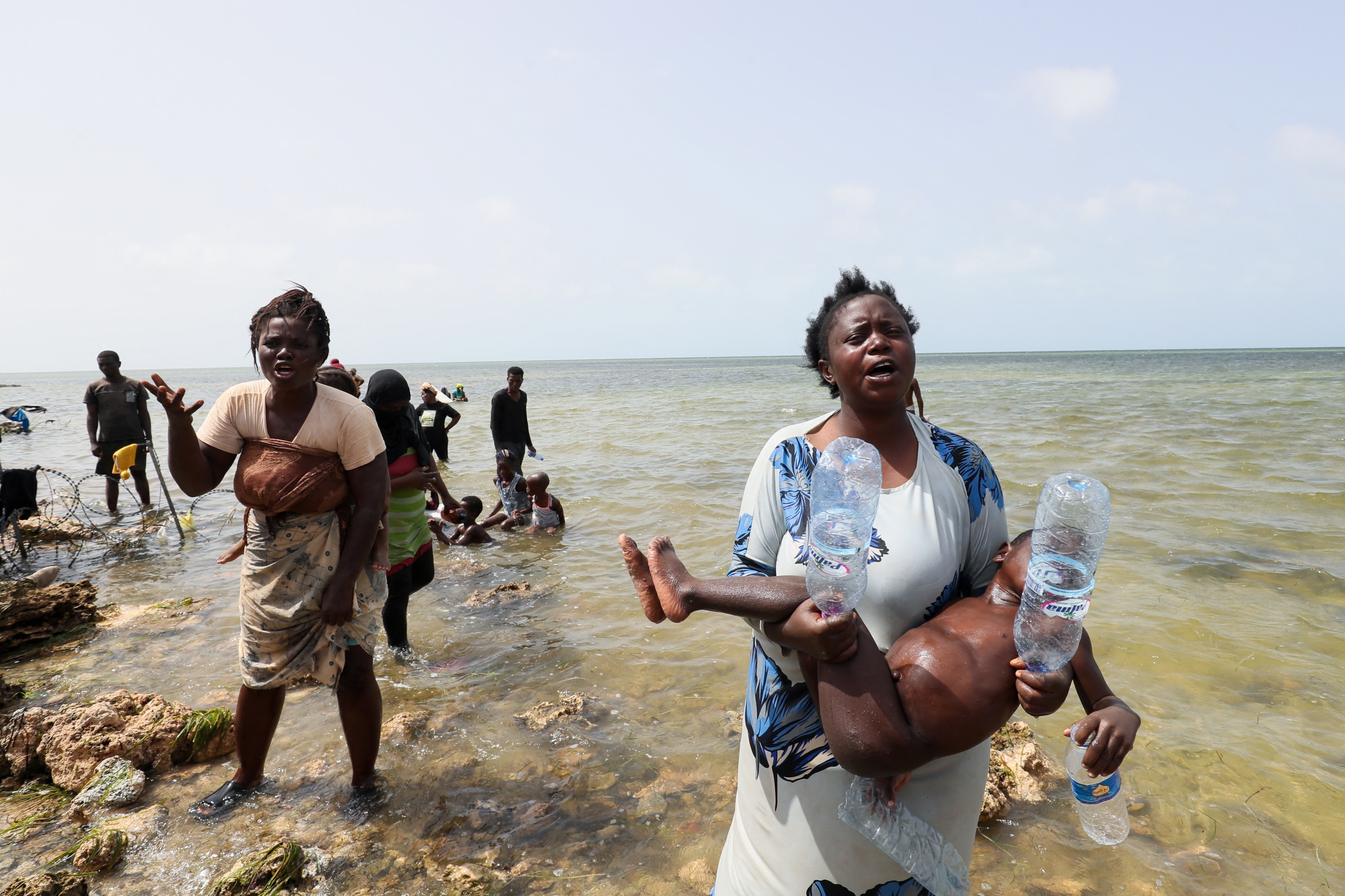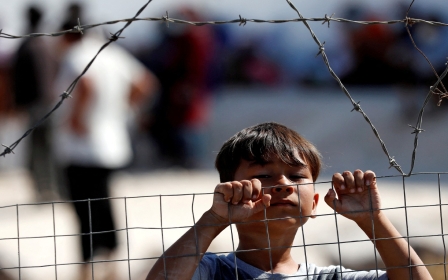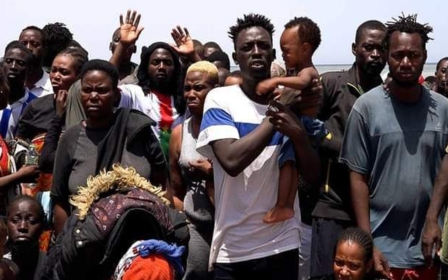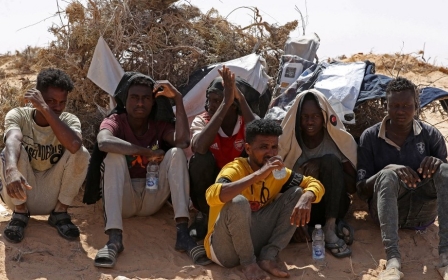Tunisia: Four dead, 51 missing after migrant ship sinks off coast

At least four migrants died and 51 were missing after a migrant ship sank off Tunisia's Kerkennah island, a judicial official said Sunday, adding that all the migrants onboard were from sub-Saharan Africa.
The Tunisian coast guard recovered 901 bodies of drowned migrants off its coast from 1 January to 20 July this year, the country's interior minister said in July, marking an unprecedented number of victims off the country's coasts.
The North African country is facing a record wave of migration this year and frequent catastrophes of boats of migrants from sub-Saharan Africa heading to Italian coasts sinking.
Tunisia replaced Libya as the region's main departure point for people fleeing poverty and conflict in Africa and the Middle East in hopes of a better life in Europe.
On 16 July, Tunisia and the European Union (EU) signed a "strategic partnership" deal that included combating human traffickers and tightening borders due to the sharp increase in boats leaving the North African nation for Europe.
The deal followed weeks of talks and Europe's pledge of major aid to Tunisia amounting to €1bn ($1.12bn) to help its battered economy, rescue state finances and deal with a migration crisis. Most funds are contingent on economic reforms.
According to Human Rights Watch (HRW), the Memorandum of Understanding neglected to incorporate guarantees to ensure Tunisian officials would prohibit infringements on the rights of migrants and asylum seekers, and that the EU's financial or material contributions would not benefit organisations implicated in human rights abuses.
"By funding security forces who commit abuses during migration control, the EU shares responsibility for the suffering of migrants, refugees, and asylum seekers in Tunisia," said Lauren Seibert, refugee and migrant rights researcher at HRW.
Middle East Eye propose une couverture et une analyse indépendantes et incomparables du Moyen-Orient, de l’Afrique du Nord et d’autres régions du monde. Pour en savoir plus sur la reprise de ce contenu et les frais qui s’appliquent, veuillez remplir ce formulaire [en anglais]. Pour en savoir plus sur MEE, cliquez ici [en anglais].




